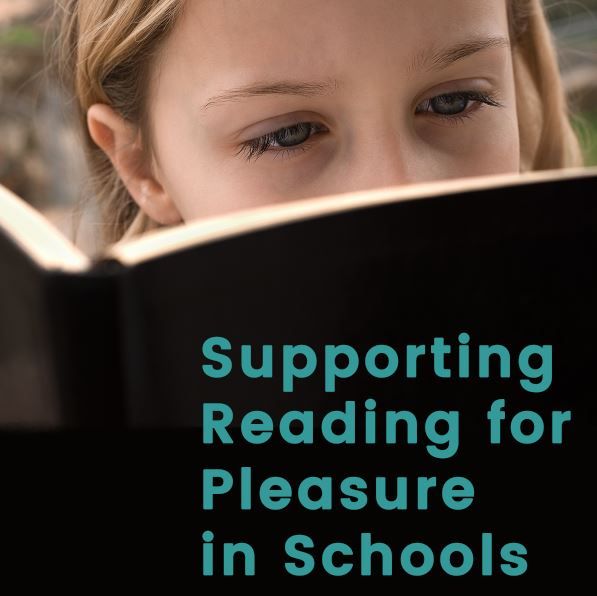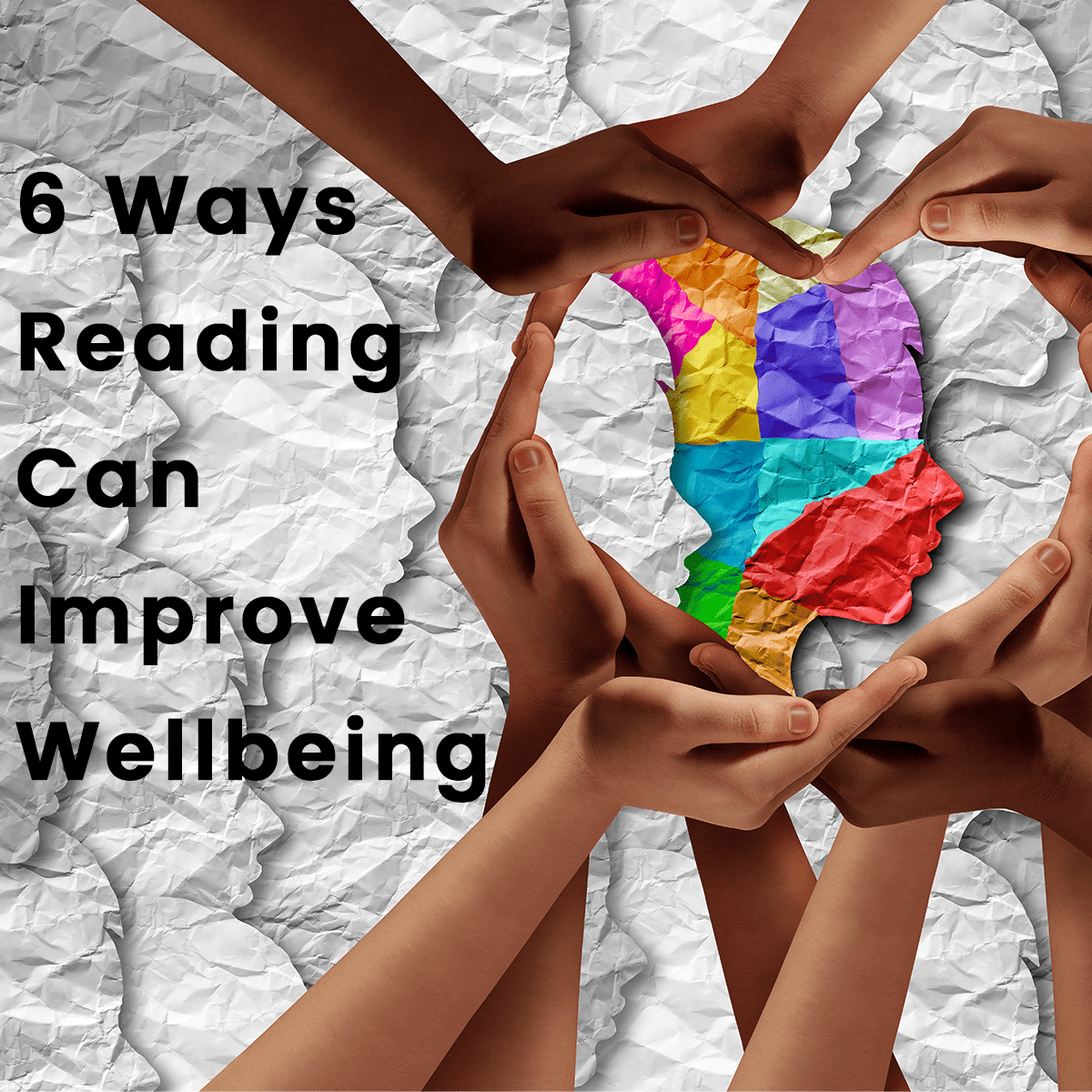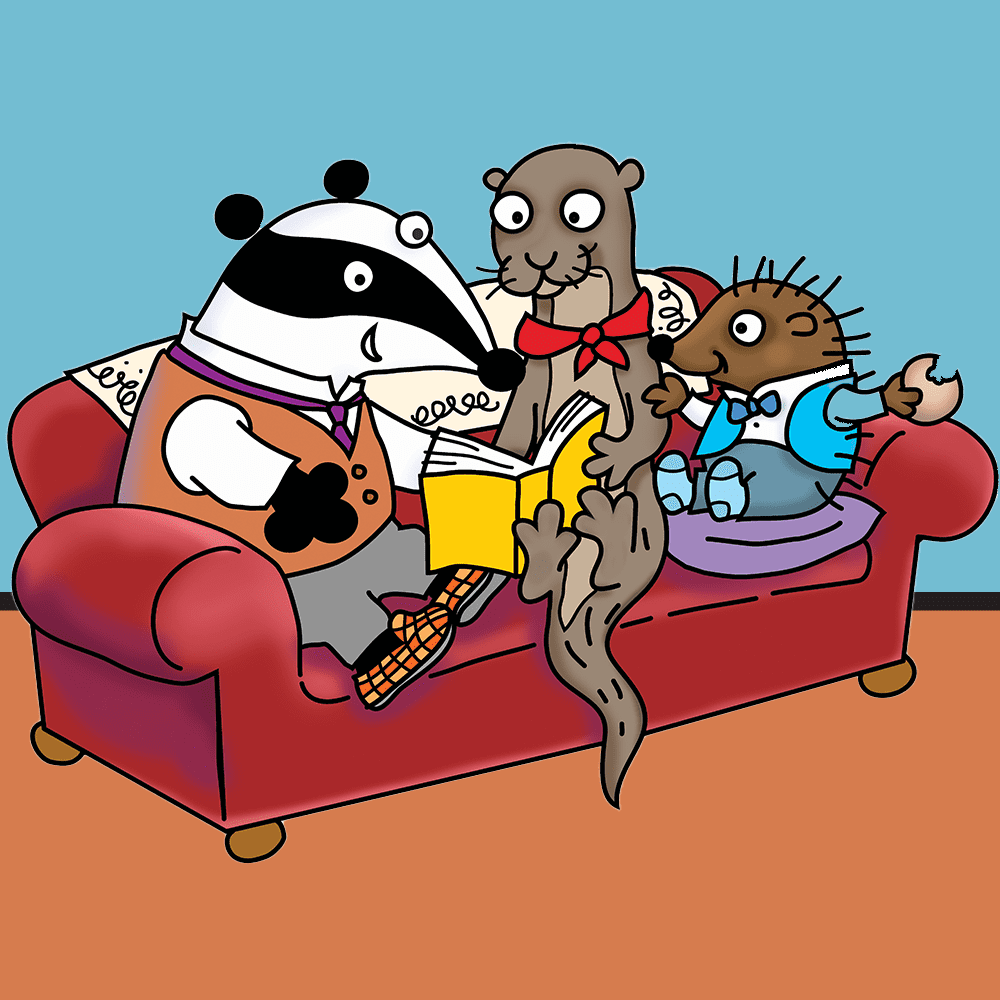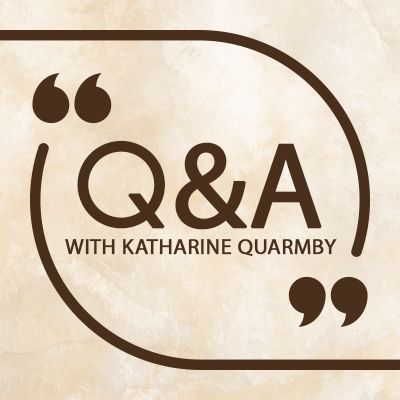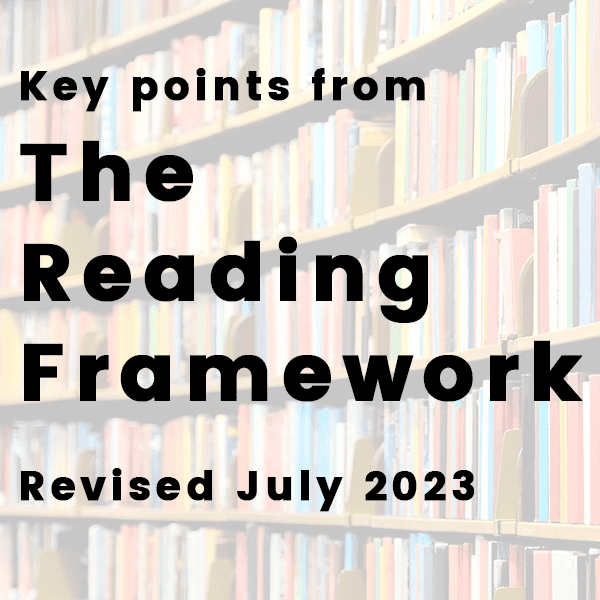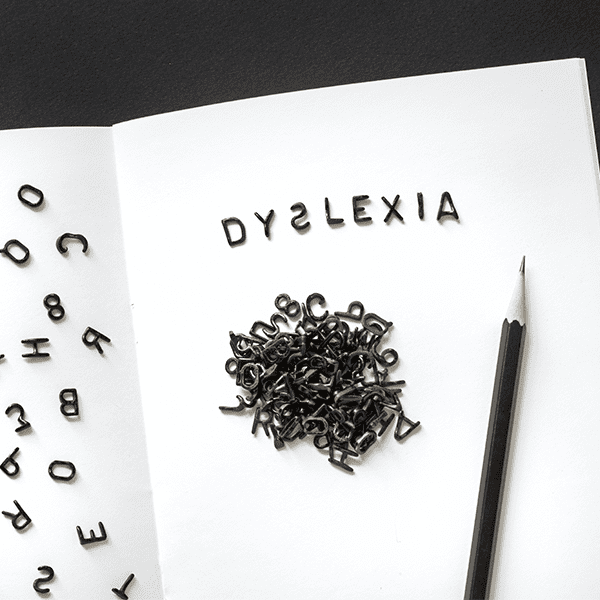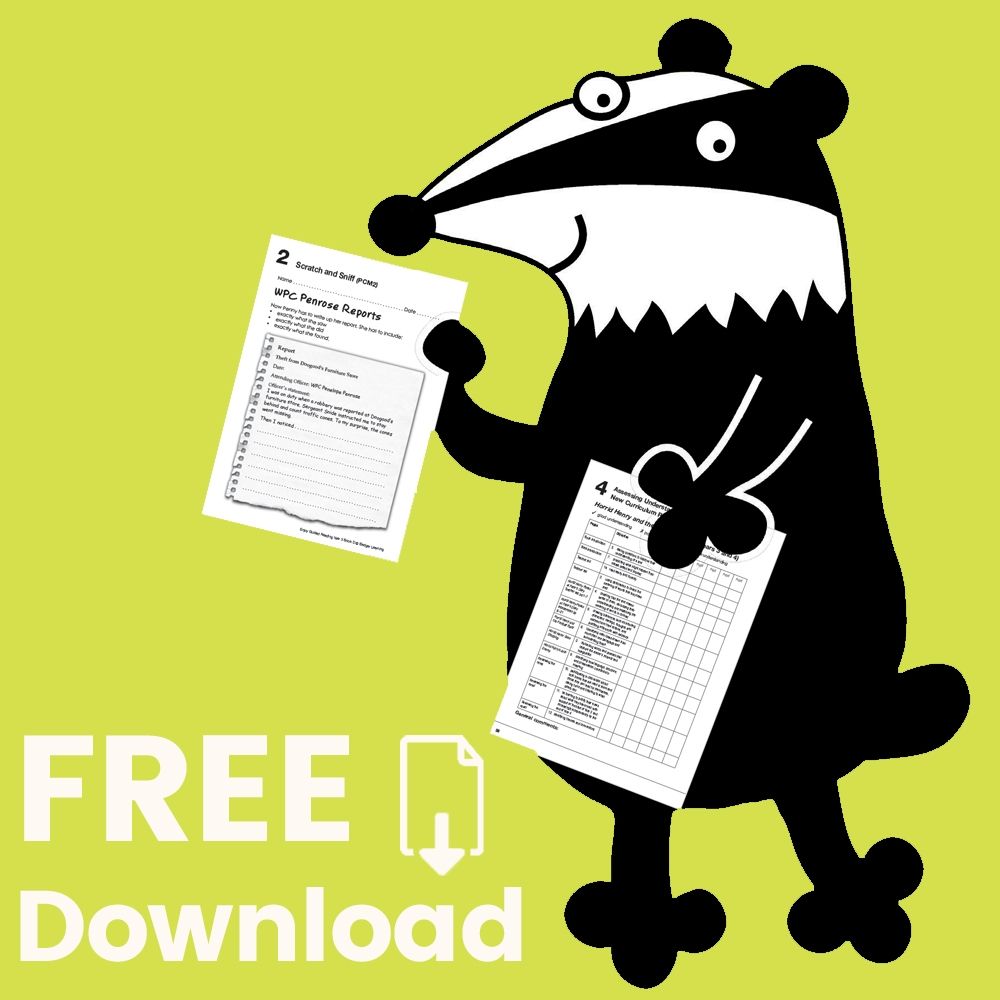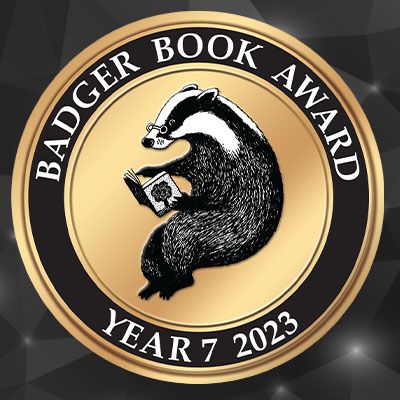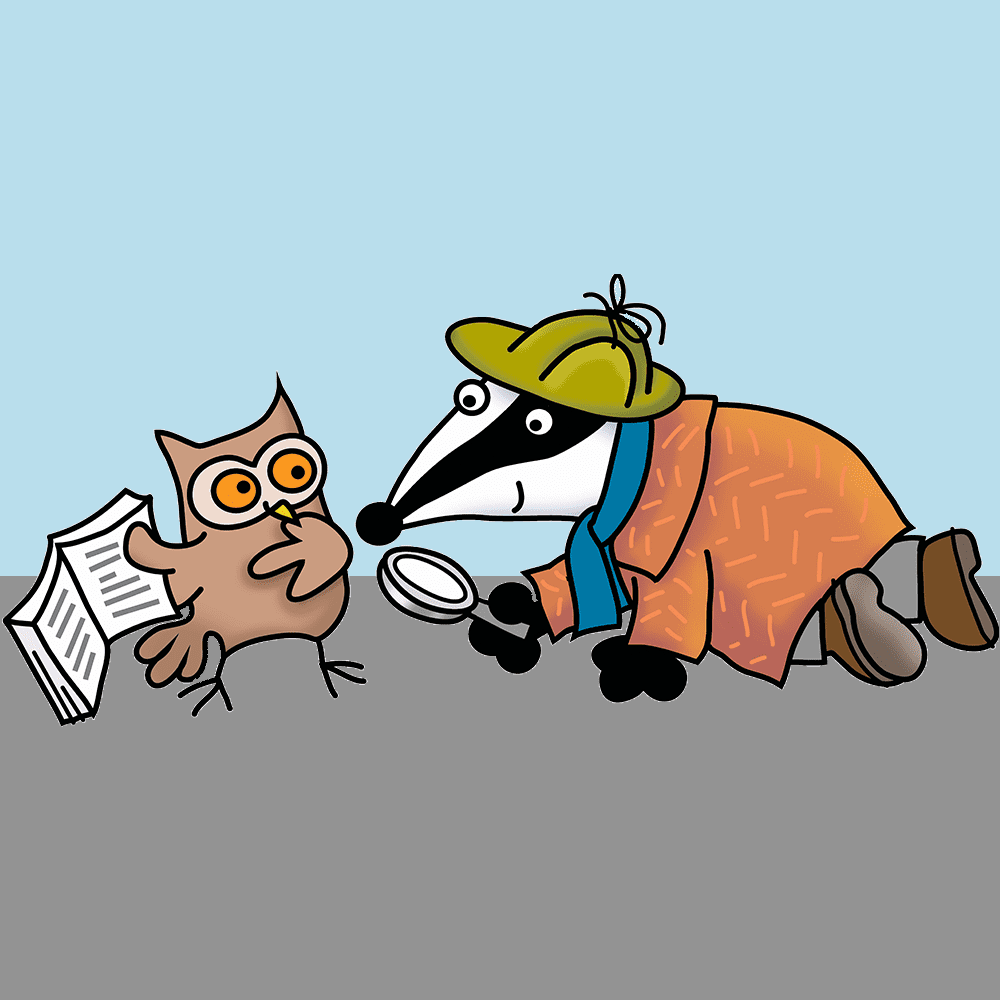General
-
Posted on: Feb 07, 2024
Developing a reading-for-pleasure culture in our school communities requires more than encouraging children to pick up a book and read right now. While this is a fantastic and worthwhile starting point, the ripple effect of nurturing avid readers who choose to read, rather than read because they are told to, goes far beyond the here and now so a whole-school approach is most likely to be successful.
Children who read for fun are more likely to be happy and successful in life. (The Reading Agency, 2023)
The benefits of reading for pleasure for children (and adults!) are widely heralded and strongly supported by extensive studies, compelling statistics, and irrefutable research...
-
Posted on: Jan 30, 2024
In 2023, 1 in 5 eight to sixteen-year-olds were identified as having a probable mental disorder.
(Mental Health of Children and Young People in England, 2023 — wave 4 follow up to the 2017 survey — NHS Digital)
Despite these concerning figures, mental health is still not given the attention it deserves. Just over one in three children and young people with a diagnosed mental health condition get access to NHS care and treatment, leaving the majority with little to no support.
Teachers and librarians can play a pivotal role in aiding young people experiencing mental health difficulties, especially because reading literature can be an effective tool to support and improve mental health.
-
The single biggest way to support children academically and emotionally at home is to encourage them to read. The importance of fostering a positive relationship between home and school is highlighted by Ofsted in their ‘Schools and Parents’ report (2011) –
“Parental engagement can be a powerful lever for raising achievement in schools and there is much research to show the value of schools and parents working together to support pupils’ learning.”
This is a guide to help boost reading confidence by encouraging families to have fun sharing books at home, even after children start to read on their own.
Reading together in a fun and relaxed way not only helps children get hooked on reading, but it is also one of the best ways for families to bond, spend quality time together and make memories that will last a lifetime. Sharing books with children and talking about the story will also help to deepen u
-
Posted on: Nov 07, 2023
Windows and Mirrors is a brand-new series of 6 engaging and thought-provoking titles that will offer a powerful opportunity to open conversations, challenge bias and prejudice, foster a sense of community, and build resilience. Written by award-winning writer, editor and journalist, Katharine Quarmby, these titles can act as ‘mirrors’, reflecting the reader’s own experiences to help them feel heard and understood, as well as ‘windows’, where students are given an insight into lives different from their own. Set in an inner city school, each book looks at the experience of a student who is going through a difficult time. The books navigate the reader through hardships and signpost how to access, or offer, help. Although the books can be hard-hitting, the subjects examined are expertly and sensitively handled.
We spoke with author Katharine Quarmby about the series:
Can you tell us about the inspiration behind your series ‘Windows and Mirrors’? Were there re
-
Posted on: Sep 27, 2023
The government’s Reading Framework first published in 2021 has now been updated. A considerable amount of new information has been provided in the 2023 update. The document originally focused on Reception and key stage one, but now contains advice for developing reading in key stage 2 and 3. The introduction to the document states that its key objective is “to help schools to meet the expectations set out in the Early Years Foundation Stage (EYFS) statutory framework and the national curriculum.” At over 170 pages long, it is a lengthy read containing detailed advice divided into thirteen sections. The following overview highlights its key content and implications for the teaching of reading, together with just the right books to help you meet these new requirements.
&
-
WOW! Fiction is a brand-new, progressively levelled series of short, gripping and fast-paced stories which will captivate readers. The dyslexia-friendly design incorporates features such as super-readable fonts, clear line spacing, off-white backgrounds and bite-sized chunks of text to ensure success and build reading confidence. We offer five books at each level, allowing students to practice and consolidate their skills before moving on to more challenging texts or alternatively, they can choose freely within the range. We offer books at turquoise, purple and gold levels (reading ages 6–6.5) with an interest age of 9–14.
WOW! Fiction follows on from our best-selling WOW! Facts series and each book can be paired with a non-fiction counterpart on the same theme, such as Exploring Space, Ancient Egypt or Fighter Planes. Some students may want to learn more about a topic, and we’ve ensured that they can access a non-fiction book at the same level, providing an opportunity to ex
-
Posted on: Sep 15, 2023
Dyslexia is a common learning difficulty that affects around 10% of the population in the UK, which is an estimated 970,000 school-aged children. Approximately 70–80% of these students have difficulty with reading, writing and spelling.
In secondary school, the increased demands of learning can make it challenging for dyslexic students to succeed. These challenges may not only affect their academic performance but also their confidence and self-esteem. A survey conducted by the British Dyslexia Association found that almost half (49%) of young people with dyslexia in the UK reported having low confidence in their abilities at school.
A study by the British Dyslexia Association found that dyslexic students are twice as likely to leave school without qualifications. However, a study by the University of Oxford found that dyslexic students who receive appropriate support are just as likely to succeed in school as their non-dyslexic peers.
These studies show that it i
-
Posted on: Mar 14, 2023
Our Enjoy Guided Reading range has become a go-to resource for busy teachers. To launch the new term we’d love for you to try one in the classroom for free. We’re sure once you’ve done so, you’ll be keen to come back for more. Our aim is always to give teachers the best tools for the job, saving time and delivering lessons that provide positive learning outcomes.
We have one FREE resource for each year group from 1–6 available, so please share this with your colleagues and teacher friends. Every school can download all six free resources with no catches.
FREE RESOURCES
-
Posted on: Mar 09, 2023
Why is reading in Year 7 important?
Moving from primary school to secondary is a huge change for eleven-year-olds. It is also a pivotal moment in defining their reading habits. With the beginning of secondary school comes new distractions and motivating students to read can become challenging.
Fostering a love of reading has a huge impact on students’ progress and overall socio-economic success in life. The Reading Agency states that “children who read books often at age 10 and more than once a week at age 16 gain higher results in maths, vocabulary and spelling tests at age 16 than those who read less regularly.” Reading regularly also helps concentration levels, improves writing skills, and expands vocabulary.
But it’s not just about providing students with the crucial ability to read in order to aid fut
-
Posted on: Mar 06, 2023
After laying the foundations of reading with phonics, nothing captures the attention of a newly independent reader more than the lure of a great book. Making sure the very best books make it into your pupils’ hands will not only benefit them, it will also make your job of inspiring young readers and boosting progress in reading much easier.
Making informed choices about the books you use in English lessons and fill your library shelves with will also help you to answer questions that might come up in your next Ofsted deep dive. Whilst the DfE Reading Framework emphasises the importance of ensuring children are given high-quality texts, there is little guidance on what a high-quality text looks like or how the calibre of a text can be recognised and measured. Being able to identify quality literature will ensure children are exposed to the very best, most current fiction, including titles that reflect modern society and represent more diverse authors, rather than relying on a stagnant d

